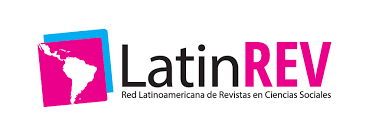Paradigma socio cognitivo humanista para la educación
Palabras clave:
Paradigma, Social, Cognición, Enfoque educativoResumen
Uno de los principales problemas en la educación es la gran variedad de modelos que se han desarrollado a lo largo de la historia. El éxito de cada uno de ellos solo puede evaluarse en la misma medida en que pasan los años, no obstante, los resultados también dependerán de la subjetividad con que se midan, dependiendo para ello de múltiples variables sociales, económicas y políticas. Con el objetivo de actualizar los conocimientos existentes sobre uno de estos modelos, el Paradigma Socio-Cognitivo de la Educación, se decidió realizar una revisión bibliográfica acerca de los elementos más importantes relacionados con este modelo. En el artículo se describen los antecedentes históricos y sus principales teóricos, desarrollando someramente las principales ideas que exponían y que soportaban cada una de estas corrientes pedagógicas, en algunos casos inclusive contraponiéndose, pero en el mejor de los casos siendo complementarias. Como resultado de la revisión realizada se mencionan las principales corrientes que nutren el Paradigma Socio-Cognitivo Humanista desarrollado por Justiniano Román, en su Modelo T y por su implementación particularmente en países latinoamericanos, específicamente en Perú para el caso que nos ocupa. Se concluye la eficacia del Modelo T en cuanto a la elaboración de instrumentos por parte de los docentes dentro del aula para la planificación y abordaje de diferentes.
Descargas
Archivos adicionales
Publicado
Número
Sección
Licencia

Esta obra está bajo una licencia internacional Creative Commons Atribución-NoComercial-SinDerivadas 4.0.














